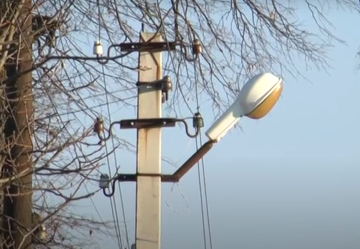Many people start preparing for potential difficulties in advance, especially when on a tight budget, as purchasing generators or high-capacity chargers is not feasible for everyone.
Experts recommend keeping a close eye on the condition of portable chargers – power banks. They should be stored in a warm place, such as near the body or in a sleeping bag.
Cold temperatures can lead to rapid battery discharges, which is particularly dangerous during prolonged power outages. It's also important to regularly check the charge level, even in the absence of interruptions, to ensure the device is always ready for use.

The issue of water is also critical, especially in light of potential disruptions to the water supply. Residents of large cities like Kyiv can use wells, but the quality of water from such sources is not always guaranteed. Solutions may include filters, special disinfecting tablets, or homemade purification systems.
The problem of heat remains one of the most serious. In the event of heating outages, it is essential to keep warm. Specialists advise choosing clothing made from materials that retain heat well, such as fleece or down.
An effective solution may be to set up a tent indoors – this helps to retain heat in a small area. Camping gear, such as sleeping bags, can also become indispensable in extreme conditions.

Cooking in the absence of electricity often poses a challenge for those who rely solely on electric stoves.
In such cases, it is advisable to acquire a gas stove, portable burner, or other alternative cooking methods. Stocking up on food that doesn't require long cooking times, such as canned goods or instant cereals, will also make life easier.